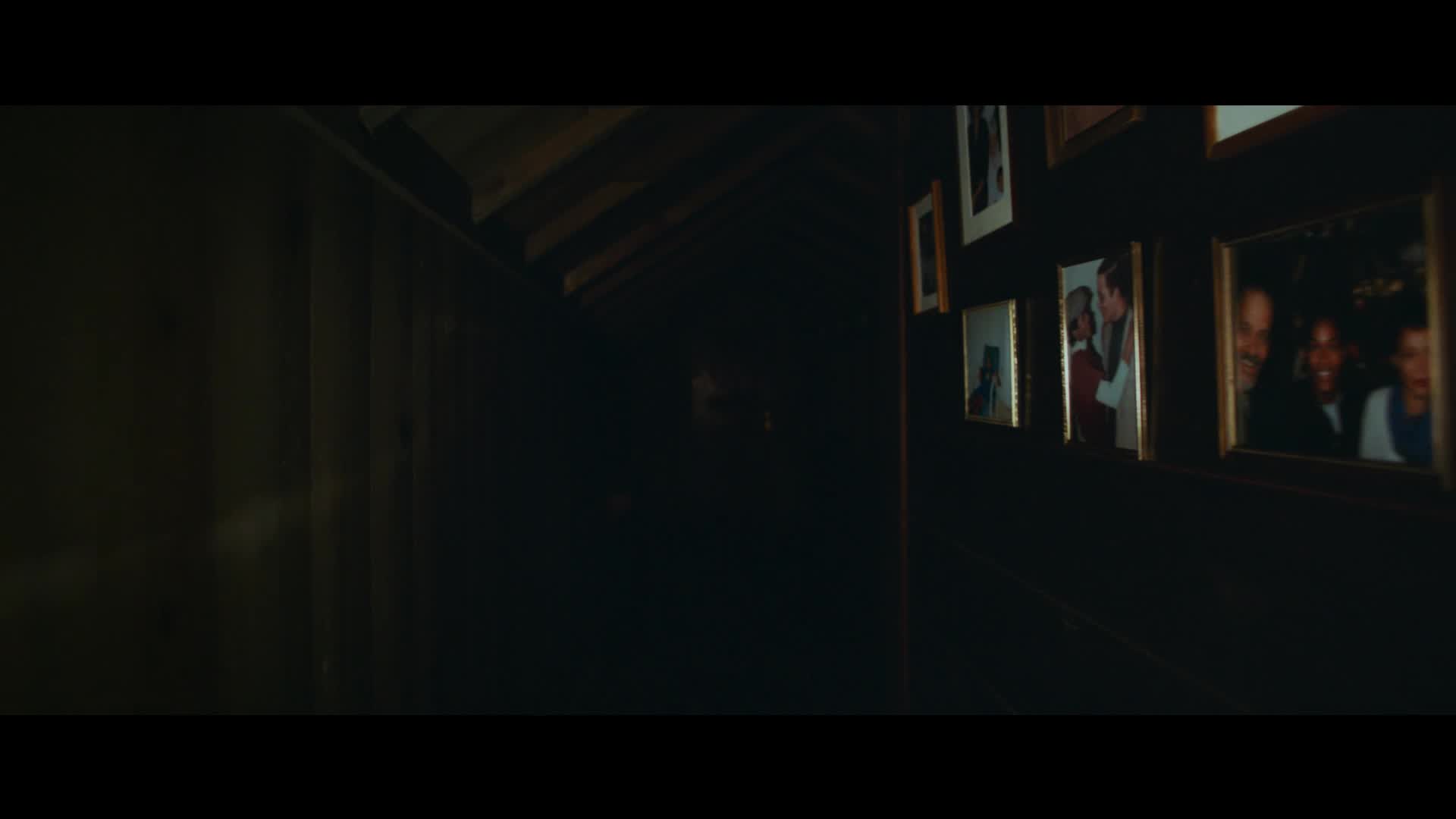It Comes At Night does not contain the same “it” as It Follows. It is more metaphorical in this case: that thing that you feel at your most basic, survivalistic self. As scary as the world’s monsters can seem, It Comes At Night makes you try to take a look in the mirror first. Let’s hope it’s not a killer mirror.
Paul (Joel Edgerton), Sarah (Carmen Ejogo), and son Travis (Kelvin Harrison Jr.) have barricaded themselves into a home in the wilderness. They have reasons for this: there’s a worldwide epidemic that plunged the entire globe into chaos so out of self preservation they isolate. Their world turns upside down though, when Will (Christopher Abbott) unknowingly breaks in and begs Paul to bring his wife Kim (Riley Keough) and son Andrew (Griffin Robert Faulkner). Paul agrees for survival reasons, but those same reasons lead him to be maybe unnecessarily skeptical of the family, when Travis is just happy for more friendly faces.
It Comes At Night’s best asset is showing how dominating fear can be as a motivator. As a survivalist, Paul strips away any semblance of personality he has. His sole purpose becomes protecting his family, which most people will relate too. But this thought process doubles as a blessing and curse (you can see that on the news a lot): when your sole purpose in life is protection of your own, you naturally fear the unknown, and will justify abhorrent behavior to others because you want to protect what is yours. Your mind becomes so thoroughly paranoid and distrusting that noises that unsettle you get warped into giant conspiracies from little kids against your son and wife. Edgerton walks the knife’s edge very well, showing just how far afield he has become because of the global pandemic. And the movie generates almost as much fear inside the house as what is outside it by using the darkness, claustrophobia, and potential for dissension from Will and his family.
With the adults spending most of their time feeling each other out, writer/director Trey Edward Shults uses Kelvin Harrison Jr. as the audience surrogate and emotional core, and he’s more than up for it. As a teenager, Travis yearns for other people and other connections, plus he’s clearly excited to have a non-mother woman in the house. Shults adds in some lack of sleep to Travis’s personality to give the movie’s third act a surreal feel to ensare the audience in his headspace. The choice is good for the movie’s ambiguity, but in general I think the surreality diminishes the impact of some of the big decisions in the movie’s characters make before the conclusion.
It Comes At Night is more thriller than horror, though there are ritual burnings and animal bloodlust. A24, as with The Witch, takes the genre merger into different directions that deliberately focus on its characters instead of just bloodletting on the audience just because. This movie also makes me wonder what must be going on in the outback of Australia, with movies like this and The Rover, to cause such disquiet? Maybe it’s all the killer snakes.

